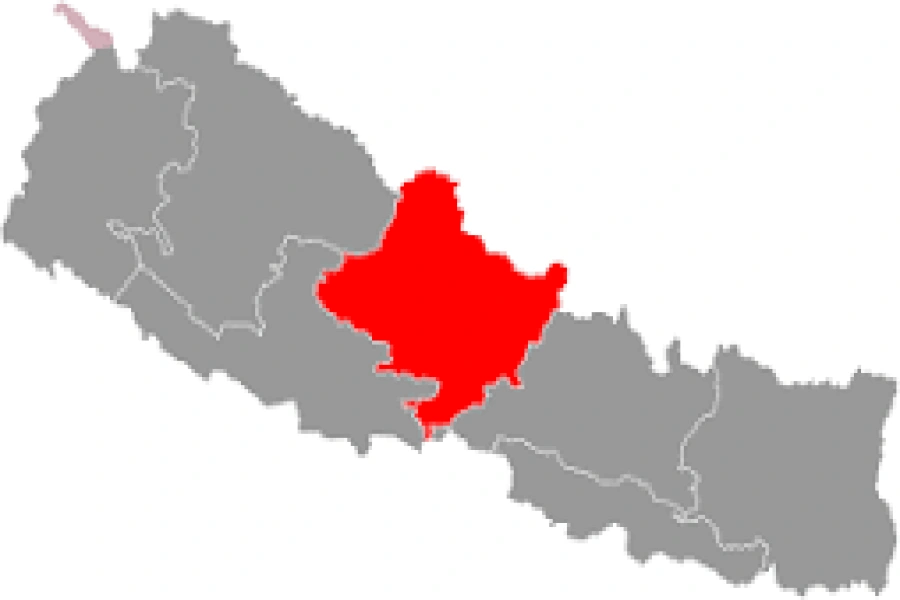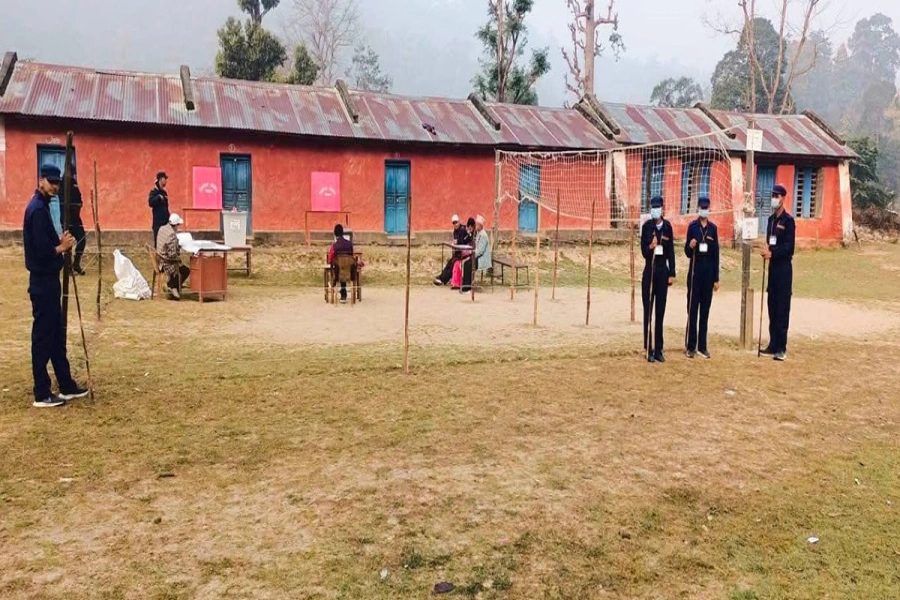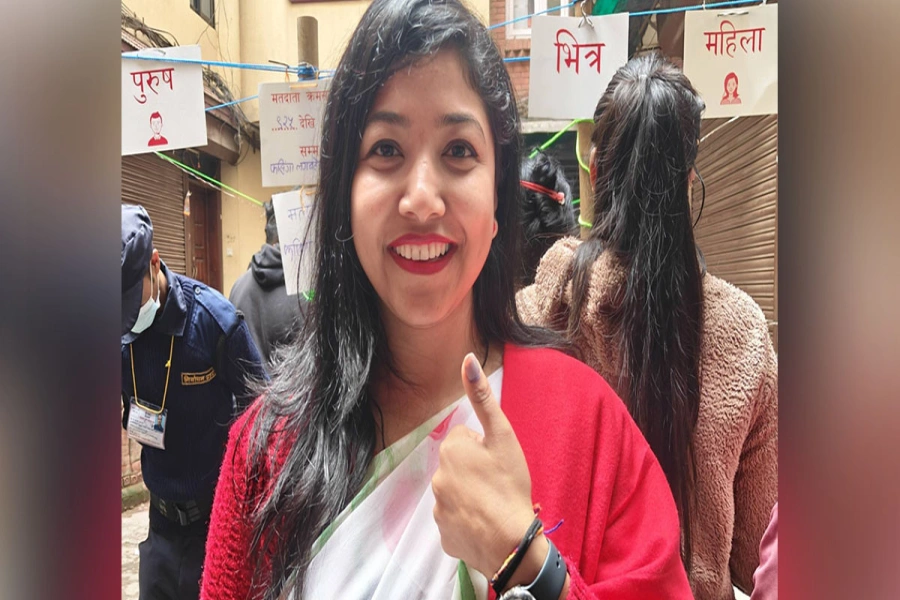Nepal’s political leaders agree that the last Constituent Assembly failed because the CA members couldn’t agree on a federal map for the country.
To be more precise, the model that had support in the Constituent Assembly was not in line with the ideas of the big political players—mainly the top leaders of NC and UML, and hence they decided to be un-cooperative and let the CA sink. [break]

The question that arises now is whether the same fate awaits the new Constituent Assembly. It is quite possible that the soon-to-be-elected CA will sink for the same reason.
True, the chances of success are better this time around, but we are not there yet. Before the CA election in 2008, the idea of federalism was still taking shape in the minds of NC and UML leaders. They were new and reluctant converts to federalism.
A lot has happened since then. NC and UML both have had members leave over disagreements on carving federal states largely based on ethnic identity.
The leaders of both these parties have been forced to pledge support for the idea of federalism, but they haven’t gone far enough.
Their true positions lack clarity. We read in news that UML is for seven provinces. NC has come up with the idea of either seven provinces, or thirteen provinces. But neither of the parties tells us anything about the boundaries. Neither of them has any maps! What the public needs to know is not how many provinces they would like, but what are the demarcations of the proposed states. Without the maps, their real position on federalism remains a mystery.
And it is a mystery the NC and UML want to keep, because if they come up with boundaries, they fear losing votes. Sadly, this comes at a cost.
After the election, once we start drafting the constitution, again the main issue is going to be federalism. If these two major parties aren’t clear themselves, and aren’t sure what their voters have voted them for, how will they take positions on the federal structure of Nepal? And without the support of these two major parties, it is impossible to draft a constitution—so we are back to square one.
What we need is a picture of the maps of the Maoists, NC, UML and the main Madhesi’s party published side by side. Better still would be if parties with similar maps combine their maps, and agree on a common map. This way the voters have fewer, but real choices.
If they don’t come up with a map, we need, at least a nationally televised debate centered on the issue of federalism. If there is one thorn in the soon to follow negotiation, it is the issue of federalism.
The basic idea of the CA is to offer clear alternatives to the electorate, and then gauge what the public wants, and draft the constitution accordingly. Without giving a clear choice, how do we know what the public wants?
The reason that our leaders can get away with their obvious failure to follow the democratic process might be deeper—it might lie in our democratic culture.
Nepalis fancy the idea that Nepal was never colonized by the British, unlike India. But the bravery of the Gorkha army that prevented full-fledged colonization has come at a cost to Nepal. First, in the absence of external colonization, it remained internally colonized by more brutal colonizers. Second, and more importantly, in the absence of British colonization, we continued with the non-democratic culture.
As a result, we have a leadership that just doesn’t get democracy—even the leaders that champion democracy refuse to follow the democratic procedures. If they had more exposure to democracy over and above their bookish ideas, they would perhaps act differently. How else can we explain that Nepali Congress wants to decide the map of federal states after CA election?
We need to learn how to work together. Building democratic norms will make us better at working together. It is impossible to have a model that satisfies everyone because the models, by design, are mutually exclusive. The top leaders should therefore pledge that they will accept the model that the majority in CA decides, and not try to sink the boat if they can’t have their way.
As we write the new constitution, we need to think long term, and nudge our government in a way that produces democratically responsible citizens. We need to think about ways to take democratic governance to the smallest unity possible.
This does not simply mean that we have local elections for local government, but that local governments be given power—the power to set certain rules and enforce those rules, the power to collect some tax, and use those monies, the power to issue bonds, and use the proceeds, the power to set rules on operating business.
Of course some local governments will abuse this system and it will create frictions among the locals, but this is the only way to build a culture of democracy. Only with an experience in democratic culture will future leaders of Nepal be better equipped to lead in a democracy.
Nepali Congress blasts govt, terms latest move a 'bad omen' for...






































